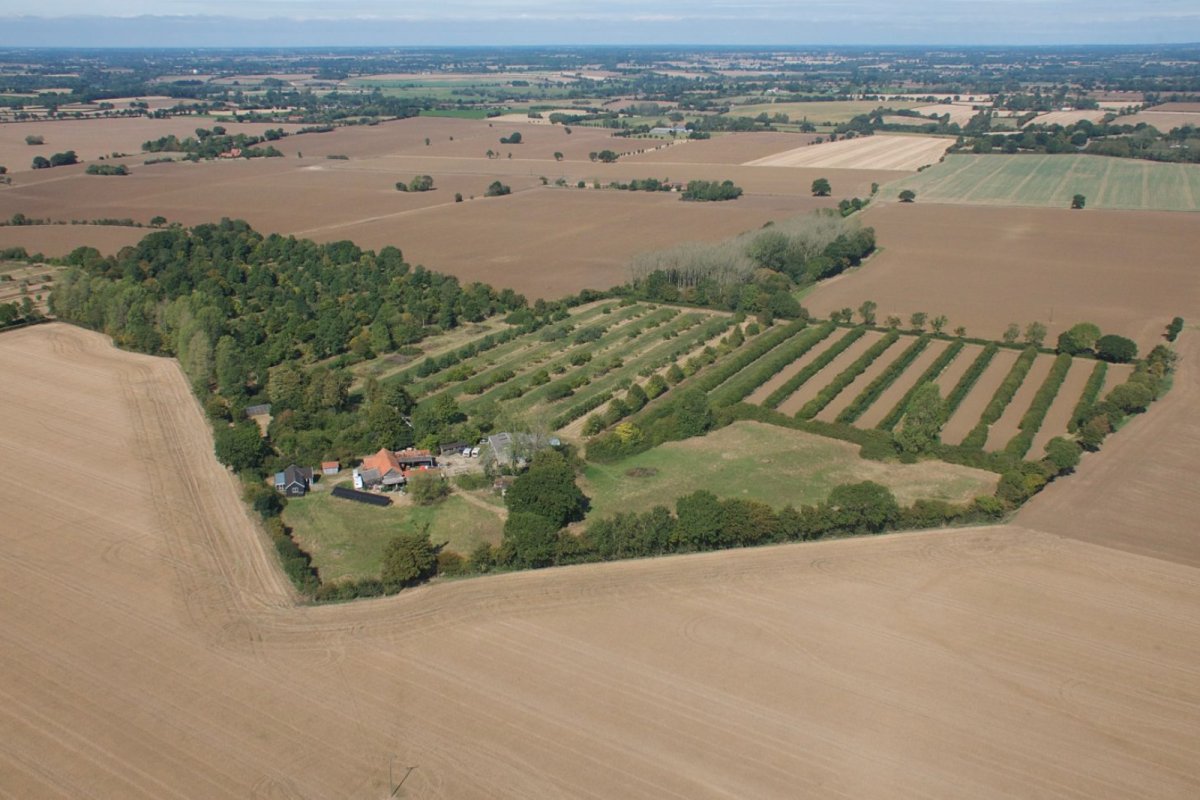There are a number of ways that the planning system can support sustainable farming and food production. This toolkit supports councillors and council officers to develop local planning policy and to make planning decisions that are compliant with statutory requirements and the new legal landscape.
1. Local Plans and other foundational planning policies
Local plans are the cornerstone of local planning policy and all decisions about whether to grant planning permission are based on it (along with national legislation and other local policies). Section 4 of this toolkit sets out example policies that can be included in local plans. To find out how local plans are made, and how you can influence them, see Sustain’s guide here.
2. Supplementary planning policy or guidance
Supplementary Planning Documents (SPDs) are designed to give guidance or direction for planning decisions relevant to specific local issues laid out in an adopted local plan. They hold less power than the local plan as they can’t introduce new planning policies but can be quicker to develop. As SPDs provide guidance, they may also be useful for those adding new policies to their local plan, see Babergh and Mid Suffolk District Councils Intensive Livestock and Poultry Farming Supplementary Planning Document as a great example.
3. Ensuring all intensive livestock applications are legally compliant
All local planning authorities can and should use the “checklist for intensive livestock developments for compliance with planning policy and legal precedent” in section 5 of this toolkit. This checklist can support councils to make better planning decisions until they have robust planning policies in place.
Communities can also object to or support live planning applications – Sustain’s Activist Toolkit will show you how.
Sustain • Food for the Planet • Integrating sustainable farming into your local plan: Toolkit for English Councils
